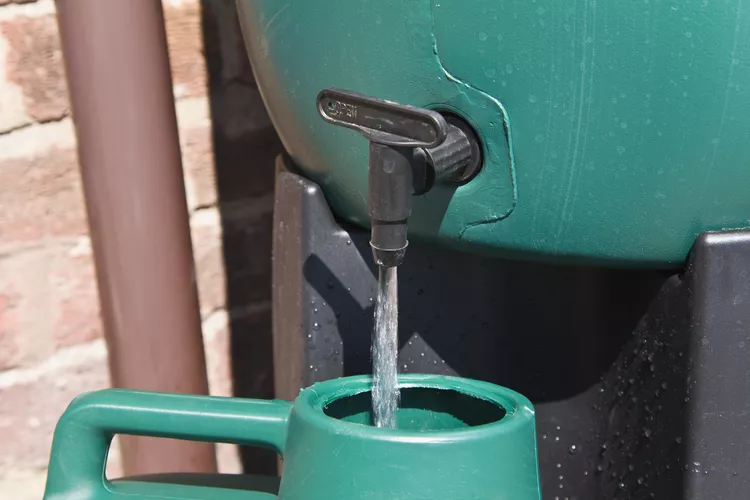Introduction: Discover a simple and eco-friendly way to recycle water in your home. Gray water, the gently used water from sinks, showers, and washing machines, can be repurposed to reduce both your environmental impact and monthly water bills. Let’s dive into the world of gray water recycling.
Understanding Gray Water: Gray water is not sewage but gently used water with low organic content from bathroom sources. It excludes kitchen sink and toilet wastewater. While it may contain minimal organic matter, it’s safe for repurposing. Distinguishing it from sewage is crucial to ensure safe recycling.
Ways to Recycle Gray Water:
- Watering the Garden: Gray water, rich in nutrients, is ideal for garden irrigation. A simple storage and filtration system can divert water from sources like the washing machine or shower to garden beds, providing nutrients for plants.
- Flushing the Toilet: Repurpose gray water for toilet flushing. This method is attractive as it requires no pre-filtration; the water can be pumped directly into the toilet bowl. Never use gray water in the toilet tank.
Considerations Before Use:
- Use Biodegradable Products: If using gray water for gardens, opt for biodegradable cleaning products to avoid harming plants.
2. Know Your Area’s Regulations: Familiarize yourself with local gray water codes as regulations vary by state. Different states have different rules about which water types can be used and how they can be collected.
3. Avoid Direct Contact: Gray water is not potable, and direct contact should be avoided as it may contain bacteria or viruses. Never use it for cooking, handwashing, or bathing.
4. Plumbing Considerations: Gray water recycling may require minor plumbingadjustments during setup. While existing plumbing might not need changes, additional pipes must be installed throughout the yard for efficient collection.
How to Collect Gray Water:
Simple Systems are Better: For residential use, simple gray water collection systems are preferred. Gravity-based systems, without pumps and filters, are less prone to breakdowns and ongoing maintenance.
- Popular Gray Water Systems:
- Laundry-to-Landscape System
- Branched Drain System
- Installation Considerations: Systems connect to main drainage pipes, diverting water to gardens through PVC pipes buried in the soil. Gravity ensures the flow, and fittings break it into smaller pipes for specific plant areas. While setup may be time-consuming, these systems are self-sustaining once installed.
Conclusion: Exploring gray water recycling offers an eco-friendly solution to water usage. By understanding its distinctions, considering local regulations, and opting for simple collection systems, you can easily contribute to a greener and more sustainable household.


